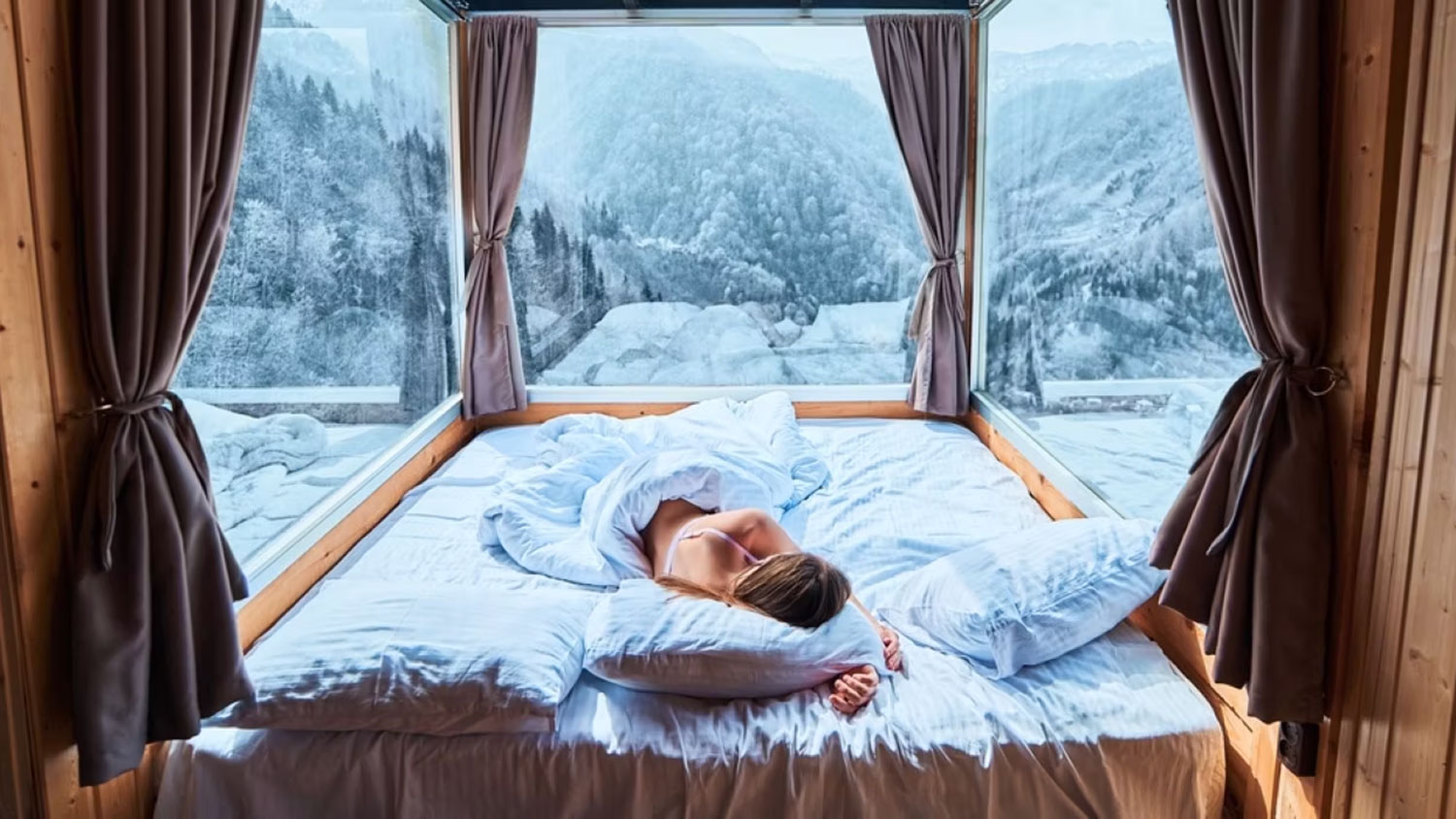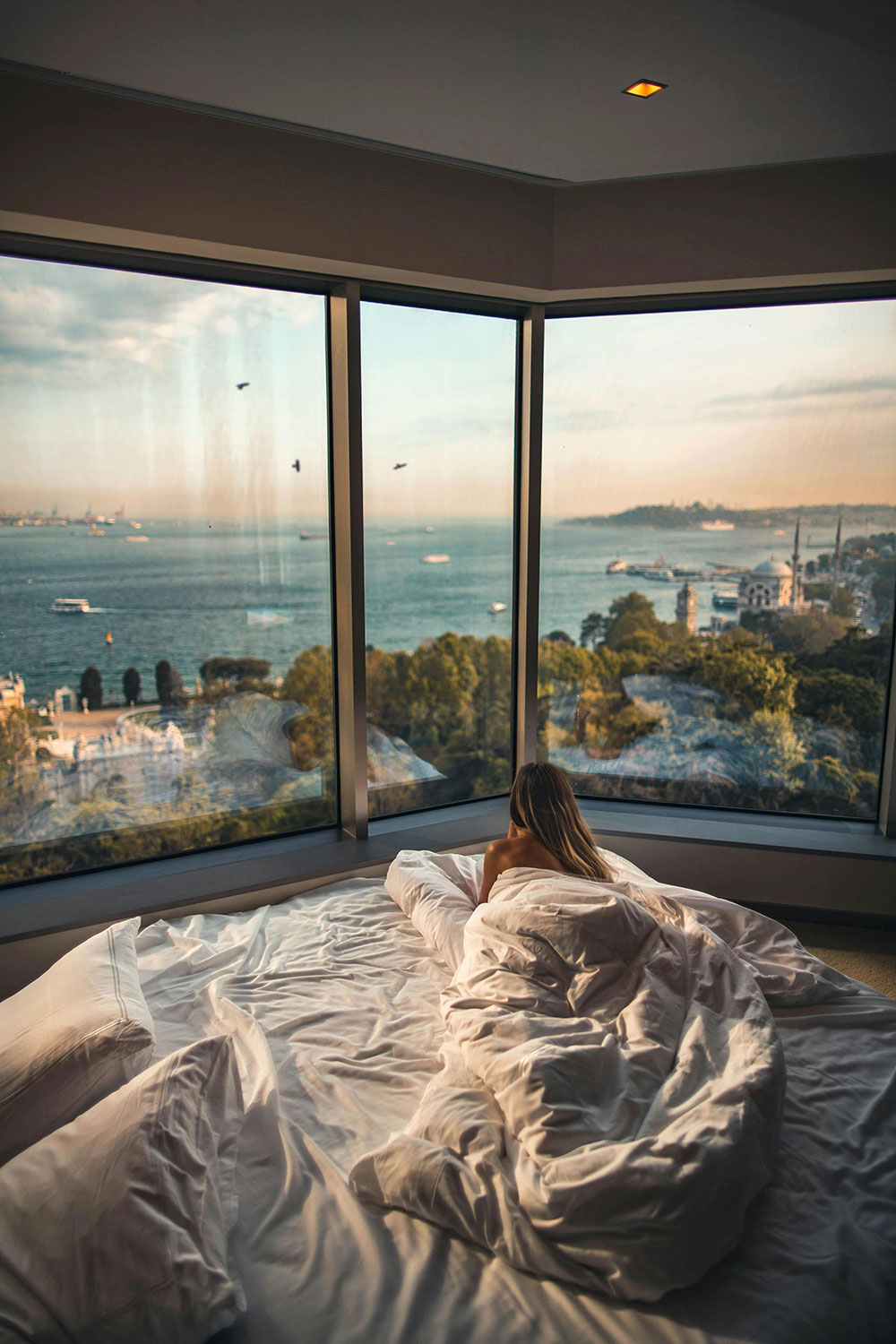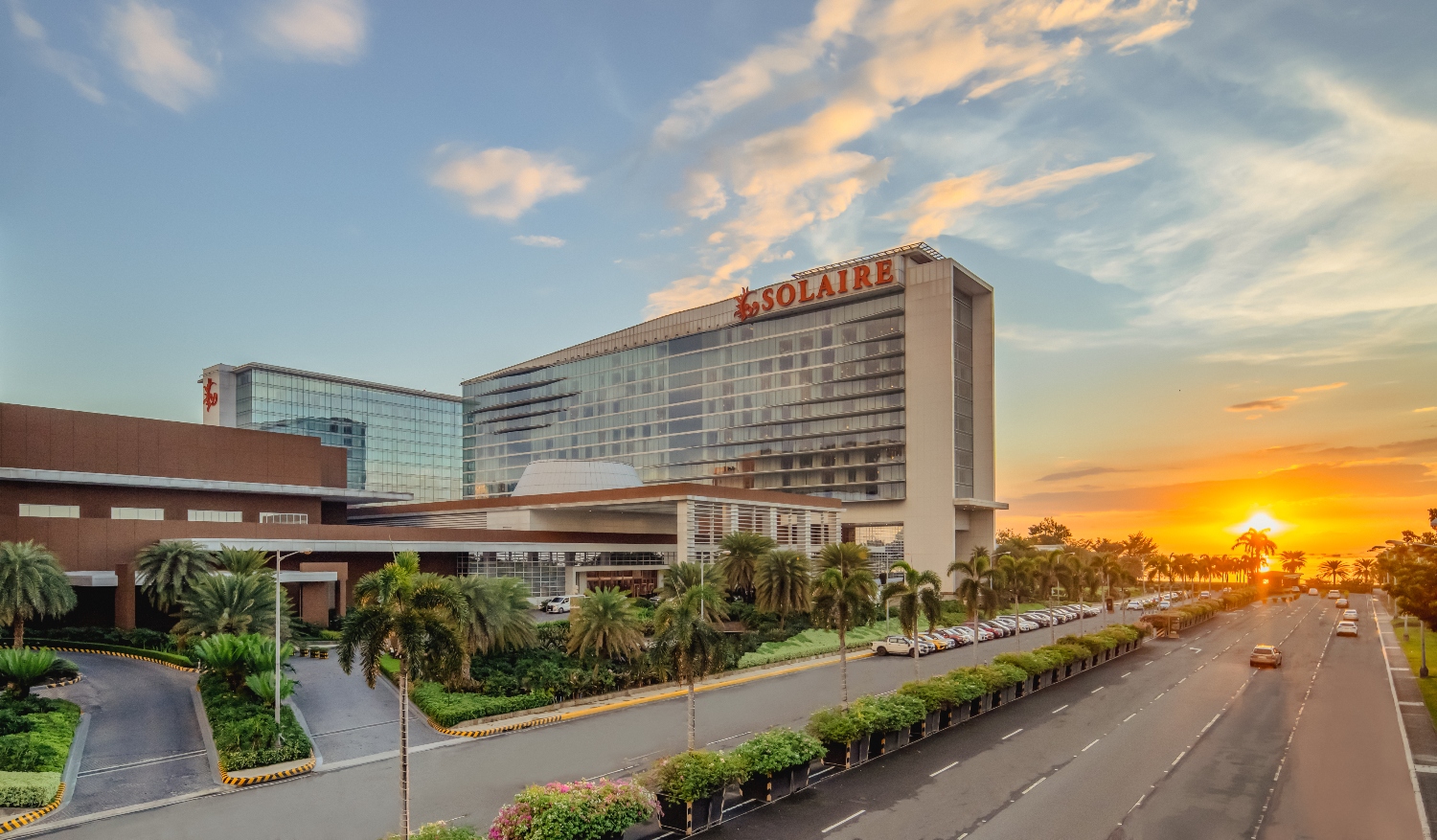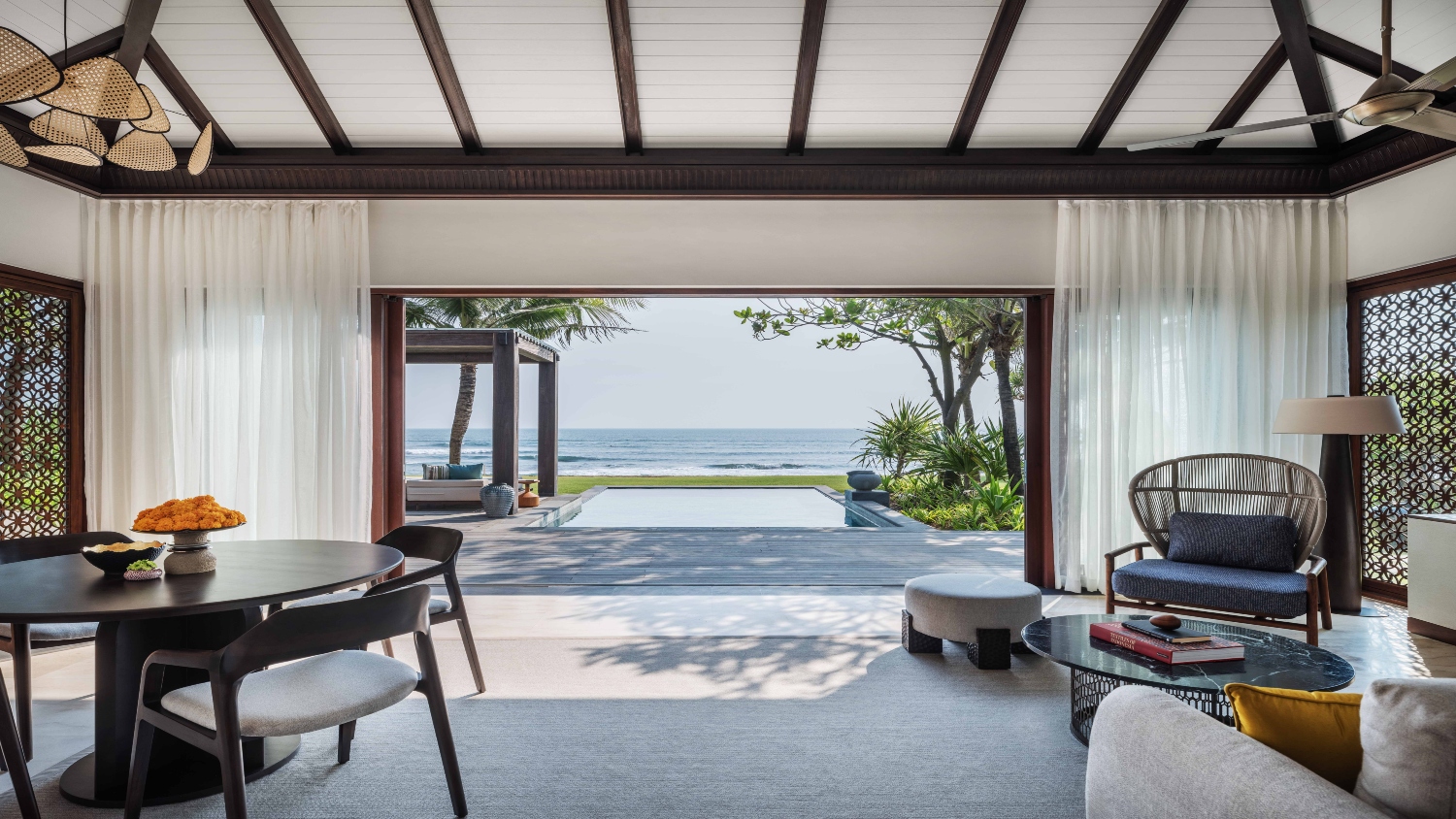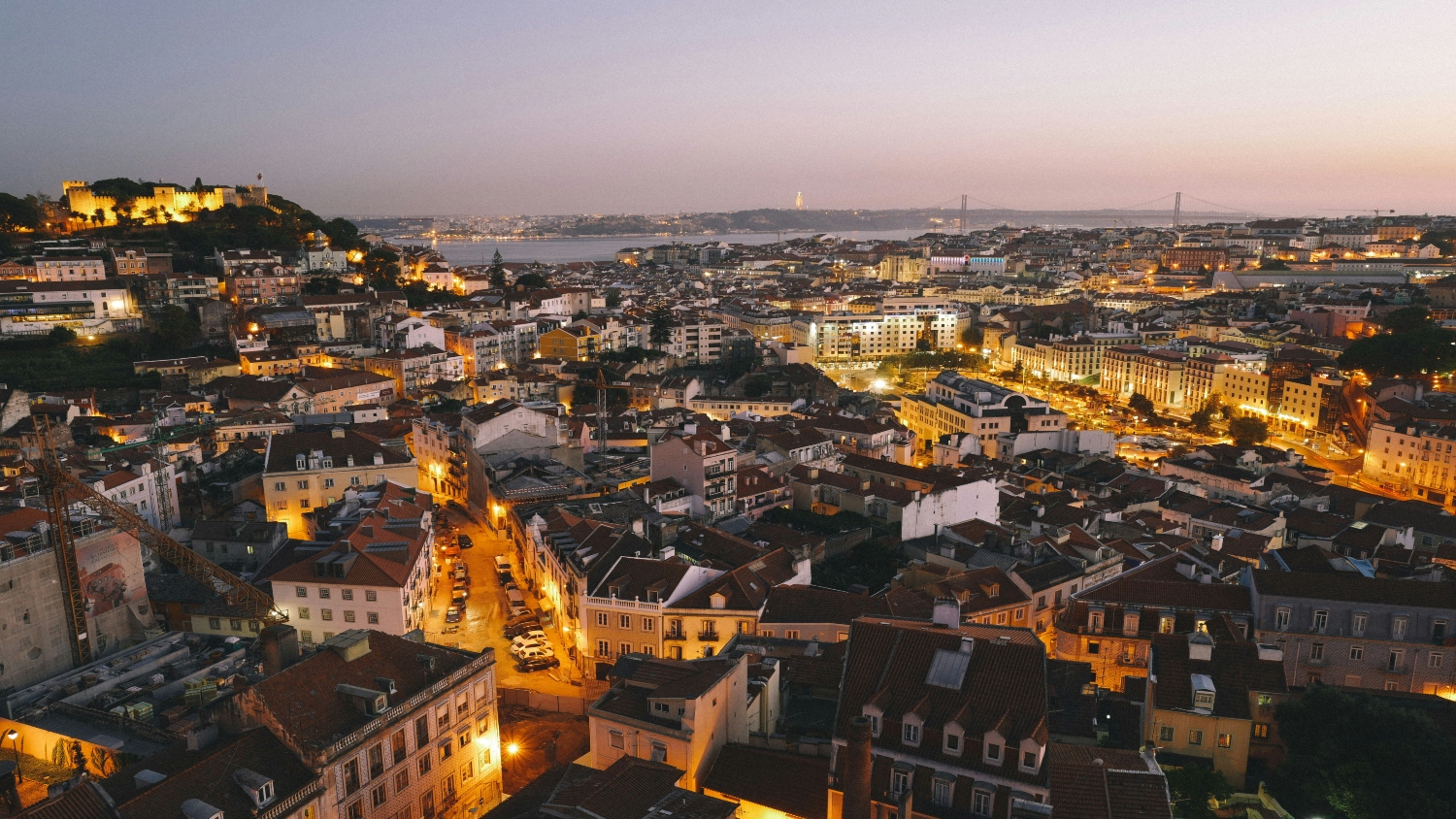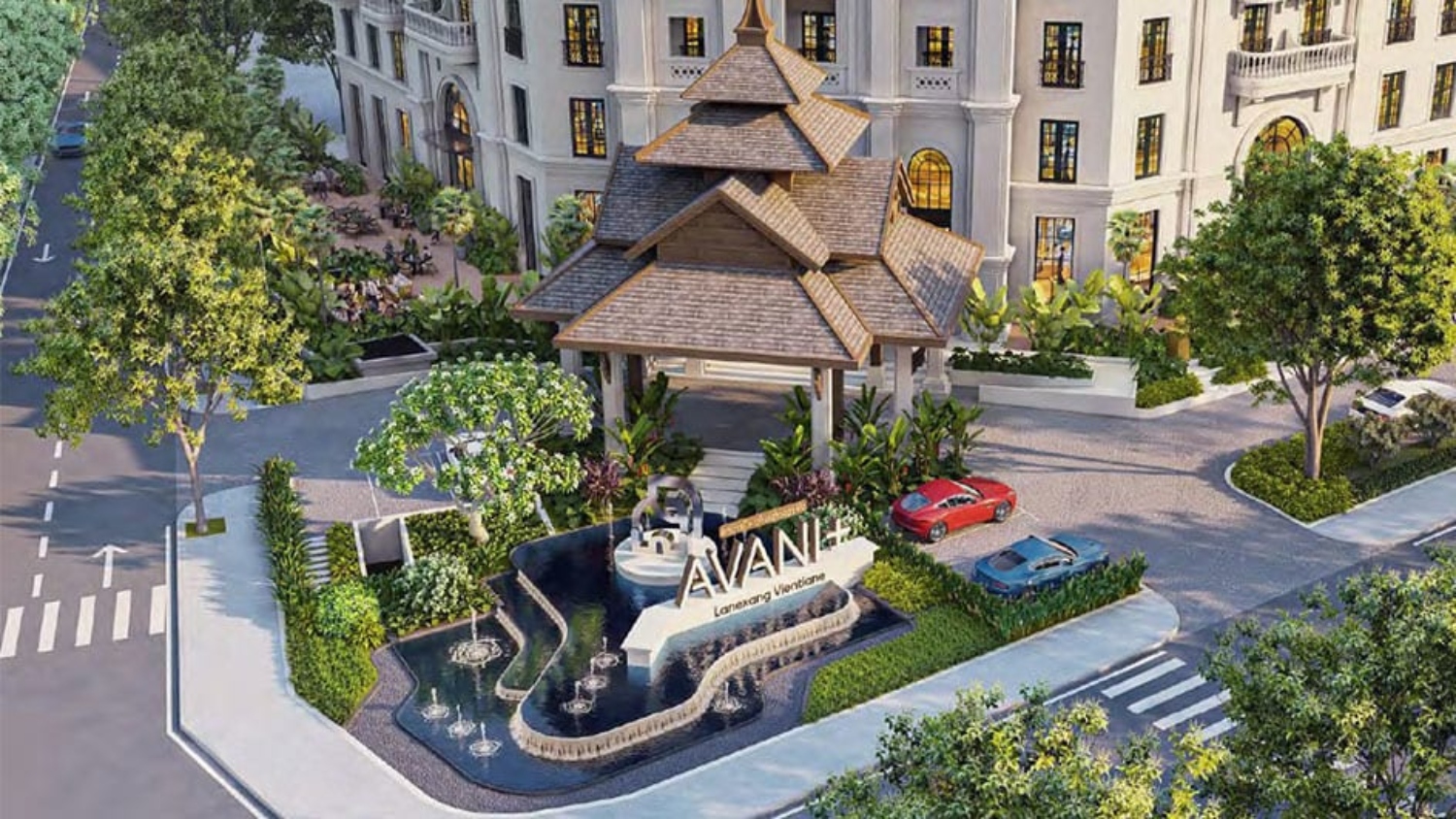To begin with, let’s set the record straight: everyone is tired these days. There always seems to be so much to do and way too little time to simply unwind – as the days go by, much-yearned for rest feels beyond reach. The anchors of beauty sleep have somewhat loosened, rattled by the hustle and bustle of everyday life; though more need not be said sleep’s importance, our recommended eight hours barely exist. With circadian rhythms turned to shambles, enter the travel industry’s prized panacea: sleep tourism.
Sleep Tourism, Explained
Sleep tourism, as implied by its very name, revolves around travel that is grounded in getting a good night’s sleep, one that is of quality and void of interruptions. The quality of sleep is determined by how successful a sleeping experience is, an element gauged under four main categories: sleep latency (how long it takes to fall asleep), sleep efficiency (ratio of time spent asleep to time spent in bed), sleep duration, as well as how energised one feels upon waking up. A new niche in the comforting realm of wellness travel, sleep tourism is designed to encourage rejuvenation and an uplift of our overall well being.
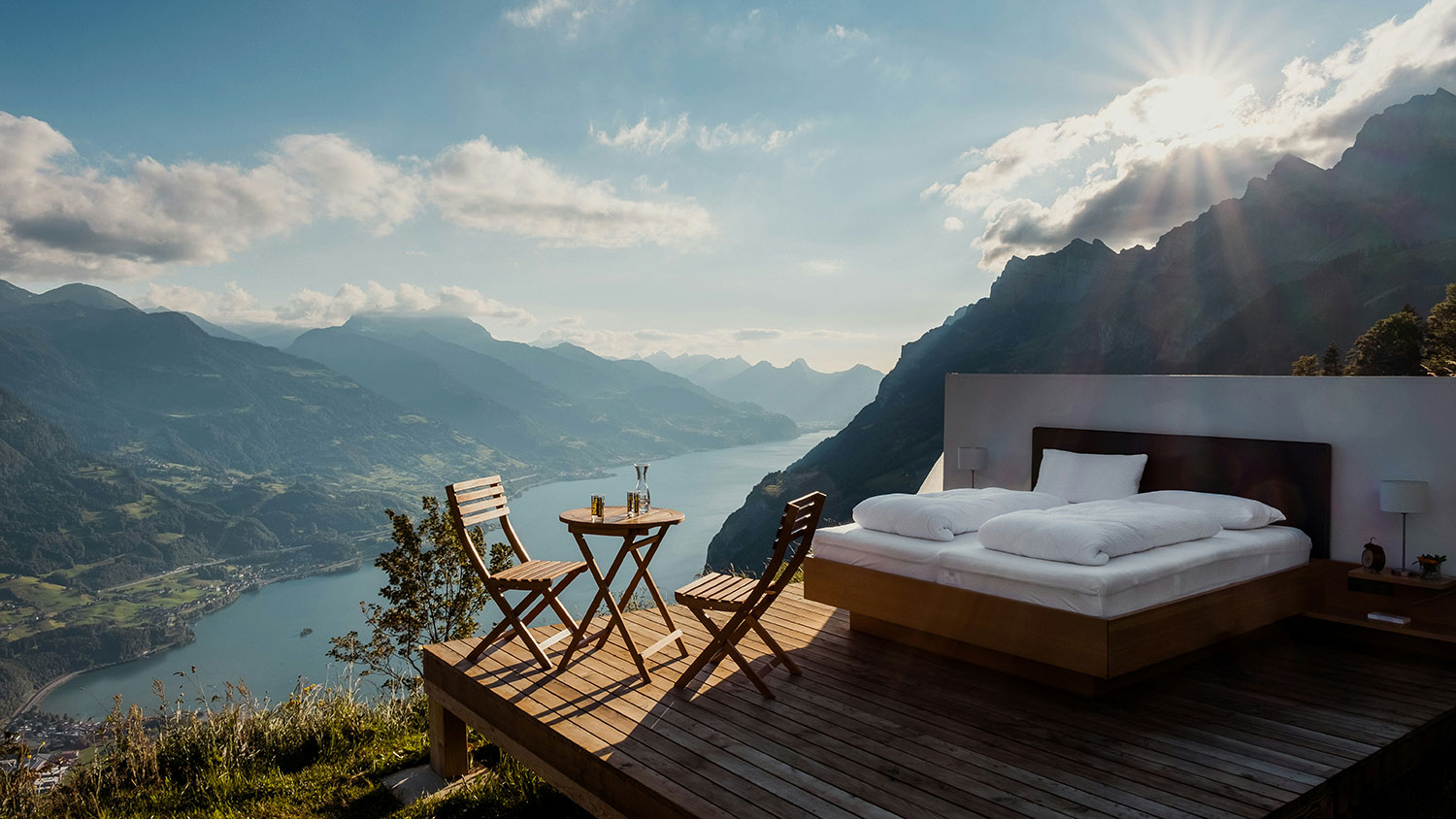
The (Common) Facets of Sleep Tourism
The rising tourism gem is multi-faceted, meaning how it looks varies on the locations and programmes included in the specific vacation. While some forms of this sleep-focused travel might solely focus on optimising sleep through providing guests a dedicated room or outdoor space, other experiences might materialise as retreats with emphasis on addressing fatigue and teaching effective stress-reducing methods.
Commenting on the exponential rise of sleep tourism, sleep researcher Dr Rebecca Robins states how “there’s been a huge seismic shift in our collective awareness and prioritisation on wellness and well-being”. Clearly, hotels and resorts have caught onto this particular newfound inclination, concocting vacation packages that guarantee much better – if not the best – slumber.
Benefits of Sleep Tourism
Improved mood and energy: Sleeping well is crucial in boosting one’s mood and energy, seeing as how sleep has a distinct restorative property. Feeling energised alongside carrying a composed, relaxed mood is the ideal recipe for a wonderful travel experience – this way, you will actually get your time and money’s worth together with a lighter heart.
Better sleep quality: As mentioned earlier, the focal point of sleep tourism is attaining better sleep quality. Through allowing guests to feel more well-rested, the four pillars – sleep latency, sleep efficiency, sleep duration, feeling upon awakening – will all be positively impacted.
Healthy sleeping habits: Through experiencing first-hand useful sleeping habits and their advantages, you will easily be able to incorporate them into your daily routine after the vacation.
Luxury Spots for Sleep Tourism
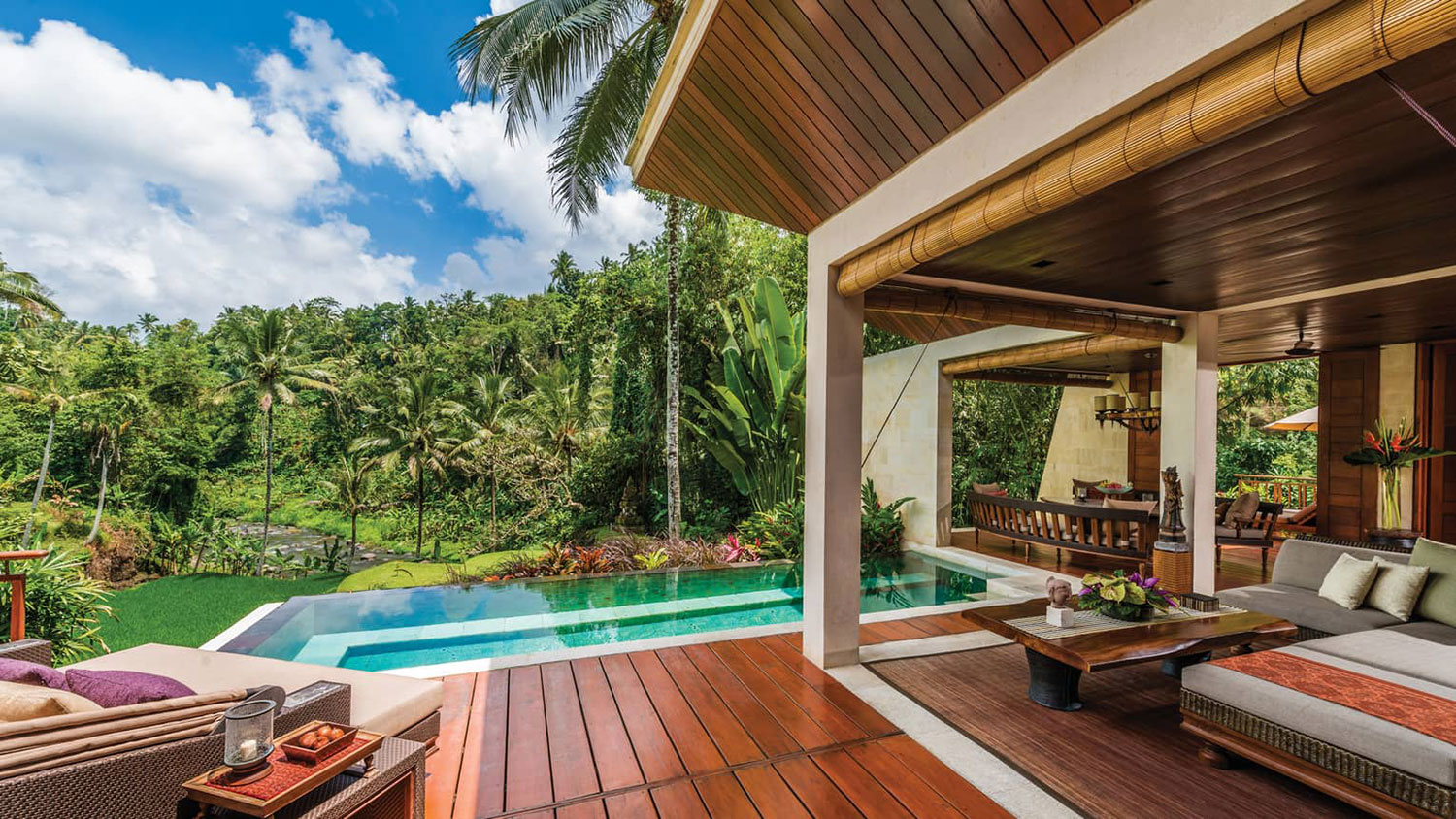
This five-star property sits amidst lush greens and boasts a wellness program that consists of offers a Life Talks and Meditation series.
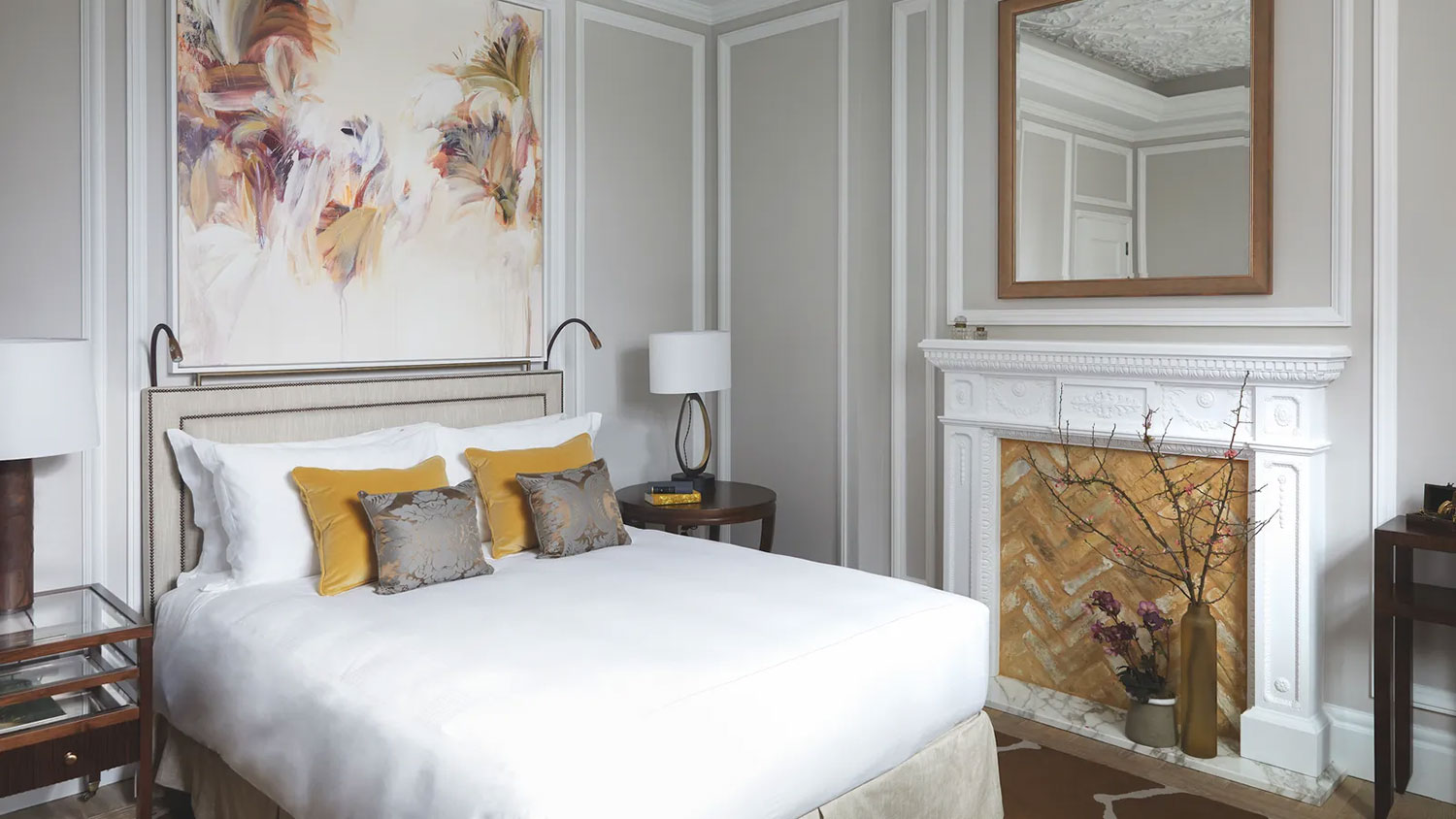
The opulent London residence surprises guests with a complimentary Sleep Concierge service. Composed of a sleep-inducing meditation, a pillow menu and pillow mist and a special bedtime tea, this offering is designed for a luxurious unwinding.
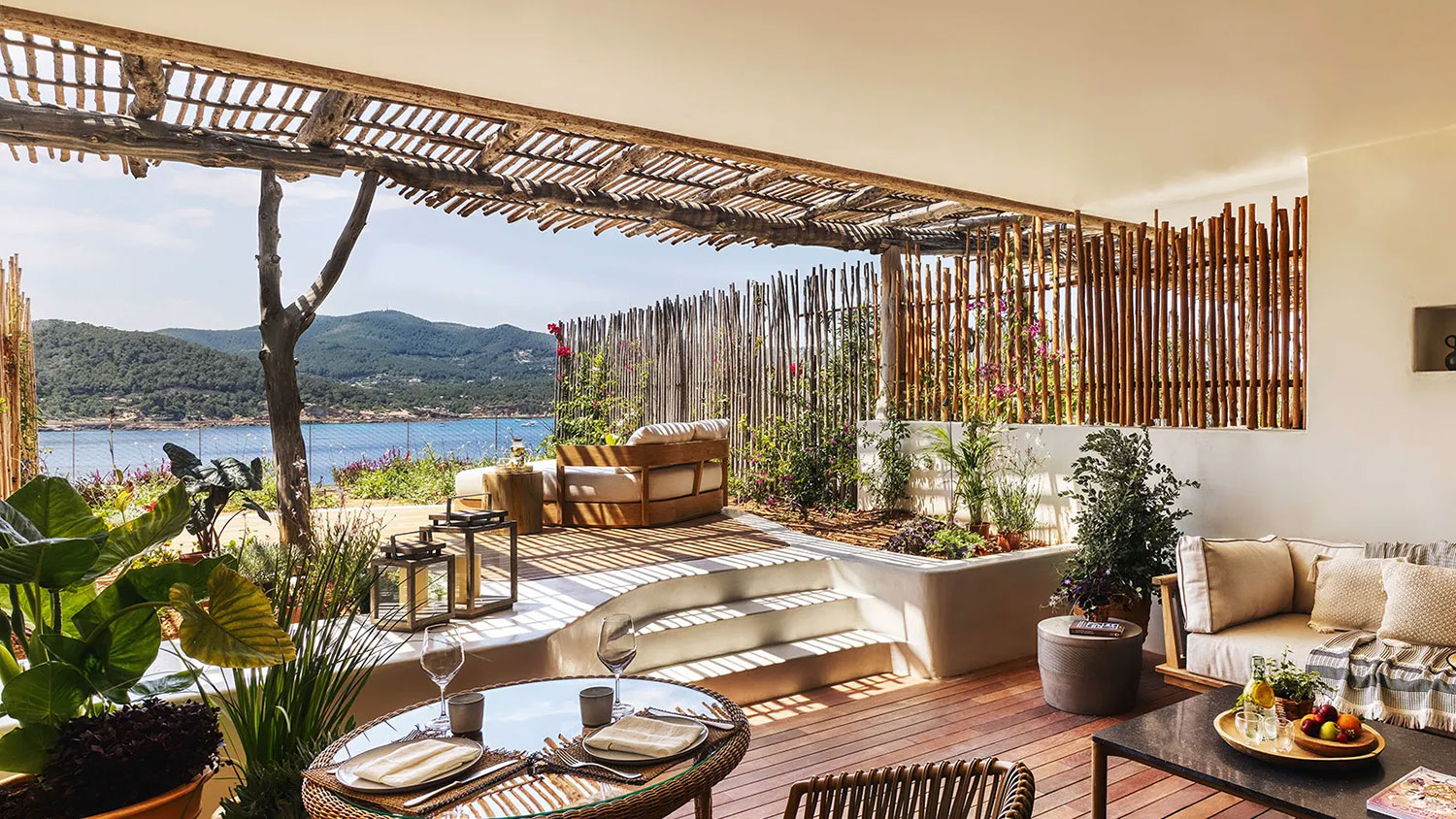
Located in the Spanish archipelago, this wellness-centred oasis invites guests to book a three- to seven-night sleep treatment, ensuring improved sleep patterns, refreshed mood and energy levels alongside yoga sessions and massages.
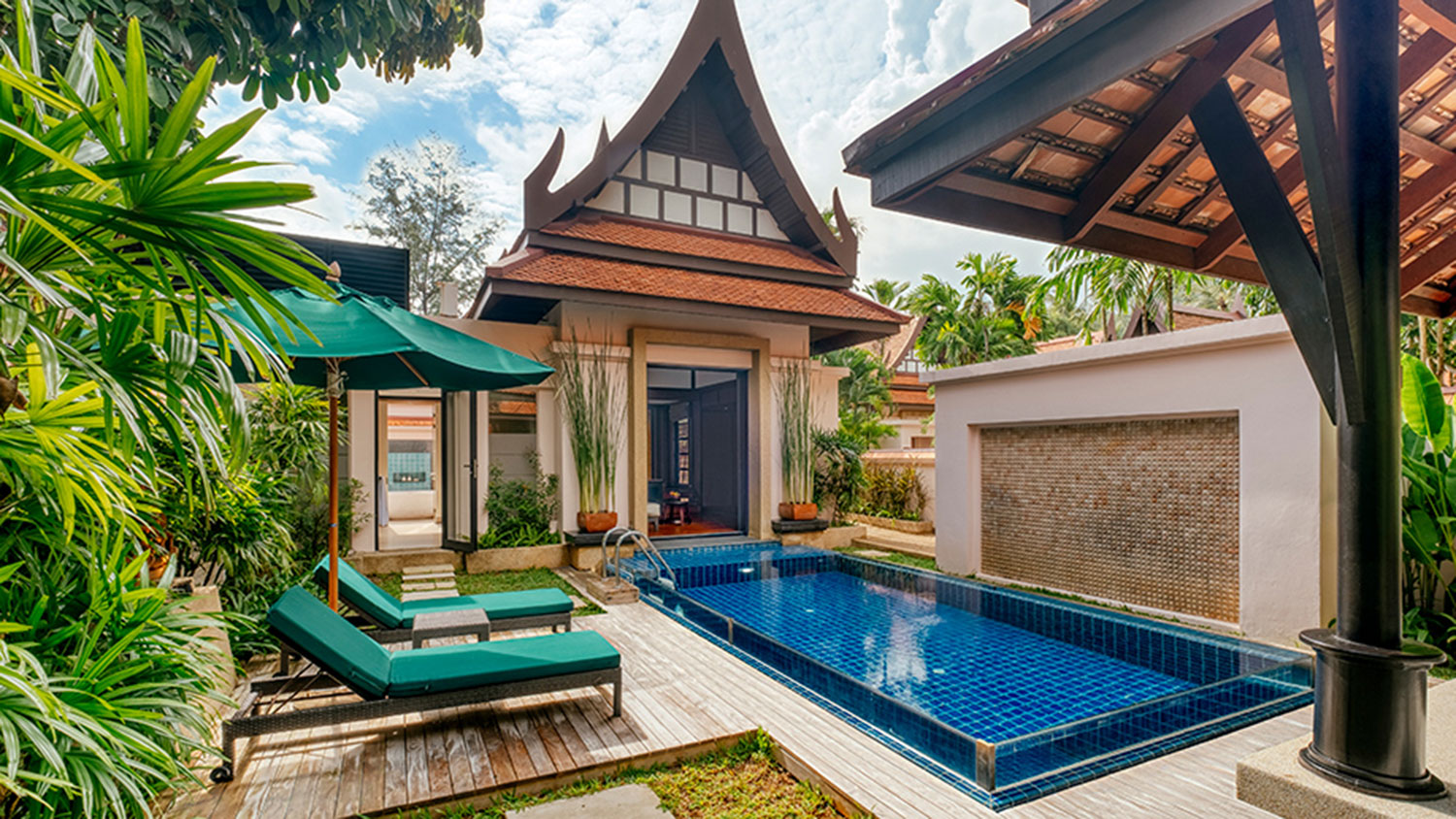
The nature-wrapped resort’s curated Sleep Regeneration program pampers guests with sleep-inducing therapeutic massages and meditation practices that will leave them well-rested and energised.


